“We need to get into a fire rescue before the fire personnel, so I listen to the scanner and as a situation develops I’m pulling on my boots, getting on the uniform, gathering snacks and water, then filling my truck’s fuel tank,” explained Julie Monser, the South County H.E.E.T. Director, Staging Captain and the First Responder for South SLO County, as she described how she gets organized to help evacuate horses in the path of a raging fire.
Sherpa Fire Horse Rescue
The Sherpa fire near Refugio in
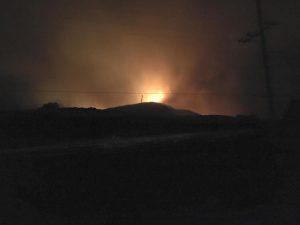 Circle Bar B Guest Ranch had 61 head of horses that needed to be evacuated. Rescuers soon discovered that most of the horses would only go in ramp load trailers. This posed a few problems. In addition, some horses were up in canyons where big trailers couldn’t go because the fire trucks were also on scene. Julie, with her two-horse trailer, could get up the roads, but had to squeeze to the side several times to make way for fire equipment. “We ended up having to leave two horses there. They wouldn’t load. The fire was cresting over the hill,” expressed Julie.
Circle Bar B Guest Ranch had 61 head of horses that needed to be evacuated. Rescuers soon discovered that most of the horses would only go in ramp load trailers. This posed a few problems. In addition, some horses were up in canyons where big trailers couldn’t go because the fire trucks were also on scene. Julie, with her two-horse trailer, could get up the roads, but had to squeeze to the side several times to make way for fire equipment. “We ended up having to leave two horses there. They wouldn’t load. The fire was cresting over the hill,” expressed Julie.
Julie and Debbie made several trips that evening; when the 101 shut down they took back roads. The rescued horses were brought to Earl Warren Show grounds in Santa Barbara, where trained staging and stabling crews managed each horse. Identification info was entered into the paperwork that travels with each horse. Food and water were provided by volunteers, as over 200 head of horses were safely tucked away from the fire.
“It was heartbreaking to leave those two horses. They were over 30 years old and hadn’t been off the property for years. We didn’t hear of any fatalities so I assume they ended up OK, but I’m sure they were affected by smoke inhalation,” Julie described her feelings, then continued, “You have to be prepared for an emergency. Your horse must load in any trailer – slant, straight, ramp, step-up, go-in-first, go-in-last, go-in-the-middle. In an emergency there is no time for routine.”
Rescue Memories
Julie continued telling stories of past rescues, “I have personally rescued six horses at one time with only a two-horse trailer. I loaded two in the trailer, led two out my driver’s window and Debbie had two out the passenger window. The led horses just trotted along. Tack, food, equipment and smaller animals are thrown into the back of my truck and off we go!”
Back to the Sherpa Fire, Julie and Debbie returned home at 1:50 a.m. the next morning. Julie went to bed at 3:30 a.m. and got up 3 hours later and headed off to work. 200 head were safe, although over half needed to be relocated again to make room for a big Arabian show at the Santa Barbara Fairgrounds. There are still over 60 head (Circle Bar B horses) all turned loose in the jumping arena where a few cowboys are keeping them fed and watered and the area clean 24 hours a day. The horses all know each other so this works. The Sherpa fire has burned over 8,000 acres, yet no homes have been burned. The small water shed at El Capitan was burned, but that was the only building.
Julie uses her own equipment, her own gas and her own time to be a horse rescuer, “It’s all a gift. It’s part of making sure the animals are safe.”
Fire Season is Upon Us – Be Sure Your Horses are Registered with H.E.E.T.
Fire season has roared into action here in
For more information: “Where There is H.E.E.T. There is Fire : Do You Have an Emergency Plan?
Photos: Julie Monser
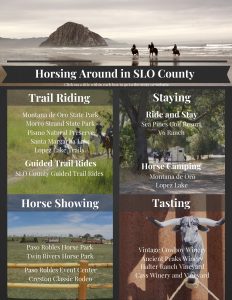 There are so many ways to horse around in stunning SLO County. To keep this info at your fingertips we have developed a FREE Hot Sheet that will direct you to stories which tell you where you can trail ride, stay with your horse, show and taste. We’ll continue to add horsing around stories to our website. You can stay up-to-date by becoming a SLO Horse News herd member. Get your Horsing Around in SLO County Hot Sheet here >.
There are so many ways to horse around in stunning SLO County. To keep this info at your fingertips we have developed a FREE Hot Sheet that will direct you to stories which tell you where you can trail ride, stay with your horse, show and taste. We’ll continue to add horsing around stories to our website. You can stay up-to-date by becoming a SLO Horse News herd member. Get your Horsing Around in SLO County Hot Sheet here >.

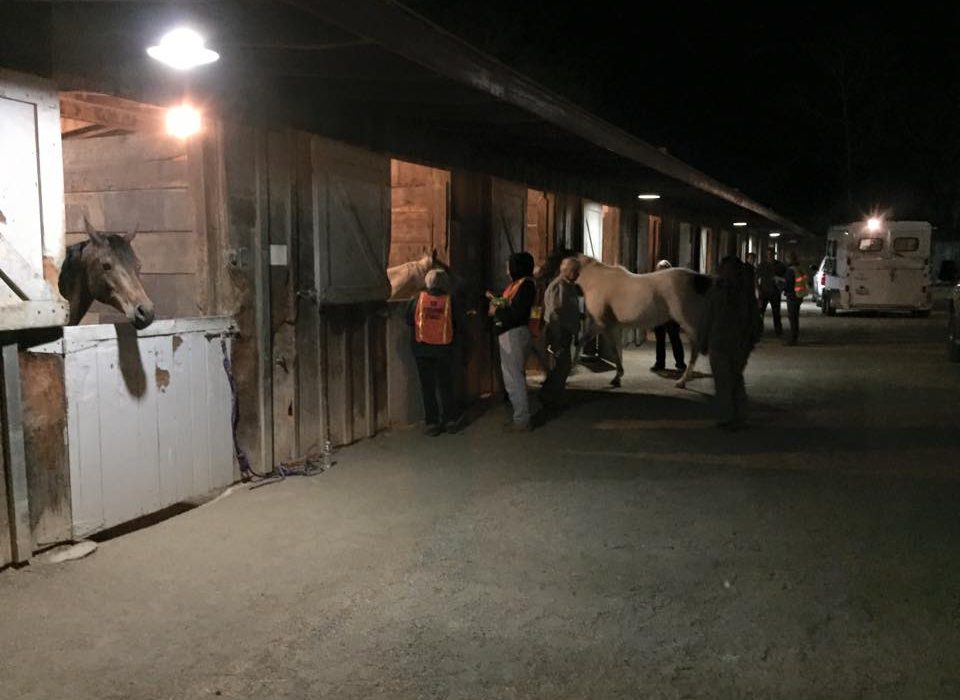
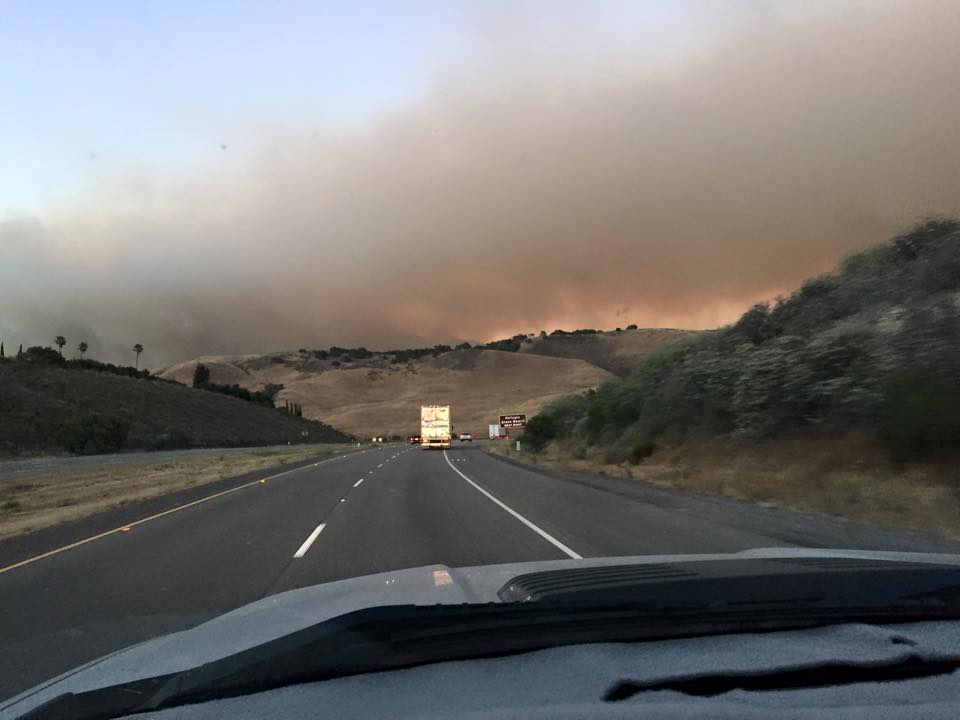

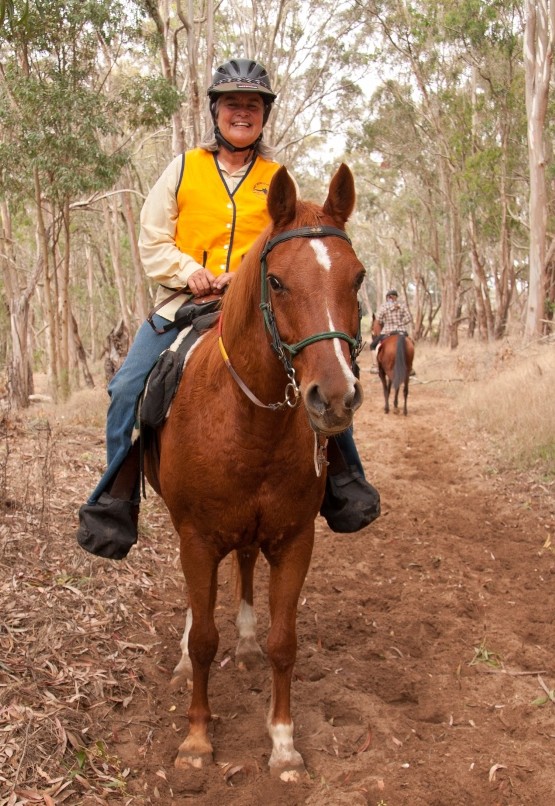
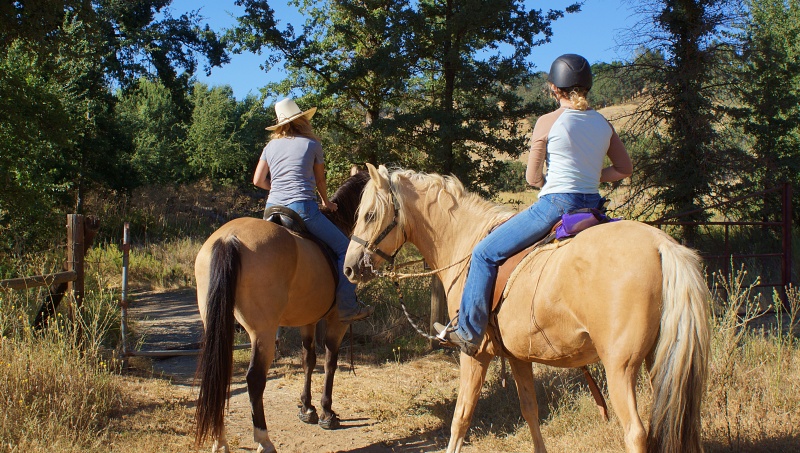
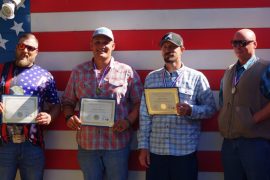
What a great job of reporting and explaining what the Equine EVAC does! I never really thought about the ramp vs step up loading issue before (but of course!). I really liked your choice of photos too – A fine job!
Thanks to EquineEvac folks a well.
Glad you found the article useful. Julie was a really fun person to interview. She is very enthusiastic and purposed about making sure the animals are safe.